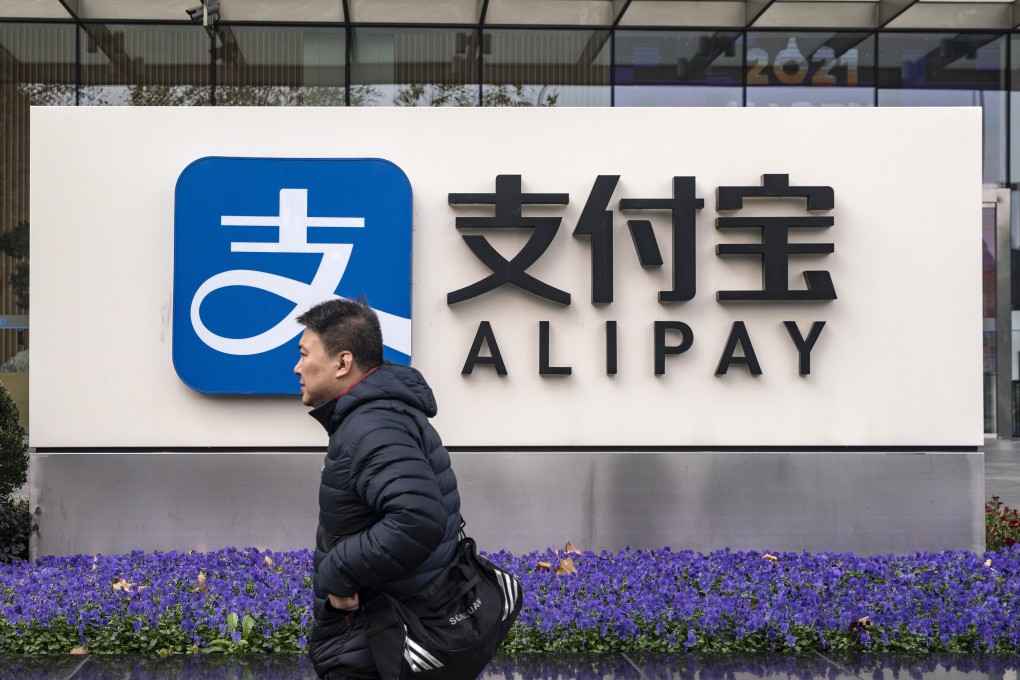Ant Group vows to be carbon neutral by 2030, setting a goal post three decades earlier than China’s ambitious clean energy target
- Alibaba-affiliated fintech giant joins other Chinese tech companies in pledging to vastly reduce carbon emissions
- President Xi Jinping promised last year to bring China’s net carbon emissions to zero by 2060

Ant Group, the financial technology affiliate of e-commerce giant Alibaba Group Holding, said on Friday it plans to achieve carbon neutrality by 2030, joining other Chinese tech companies that have embraced the country’s official environmental goals.
To meet its target, the Hangzhou-based company said it will rebuild existing facilities on its campus to raise their energy efficiency, while ensuring that new constructions are made in accordance with the country’s green building standards.
The company also said it will establish an incentive mechanism to encourage employees to follow low-carbon work practices, adopt technologies such as liquid cooling to reduce emissions in its data centres and increase green investments.
Ant Group is the latest Chinese tech giant to commit to reducing their carbon footprint since China pledged in December that its carbon emissions would peak by 2030. Carbon neutrality, a goal that the country aims to achieve by 2060, was a much-discussed topic during China’s “two sessions” political meeting that wrapped up this week.
